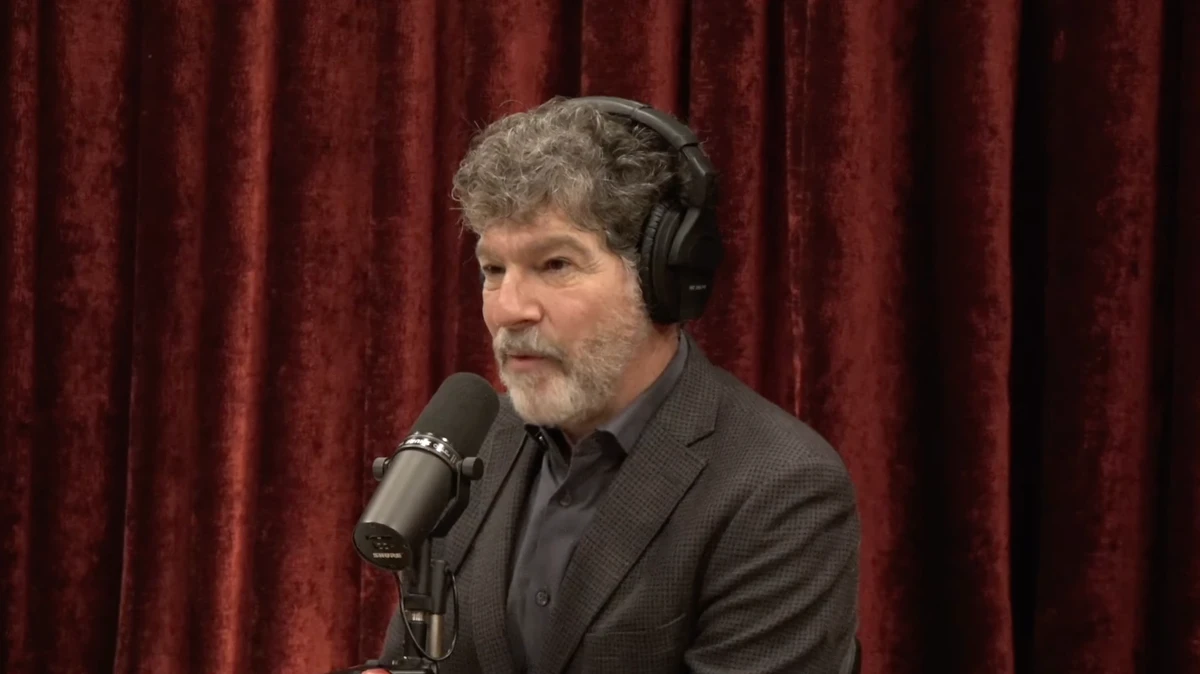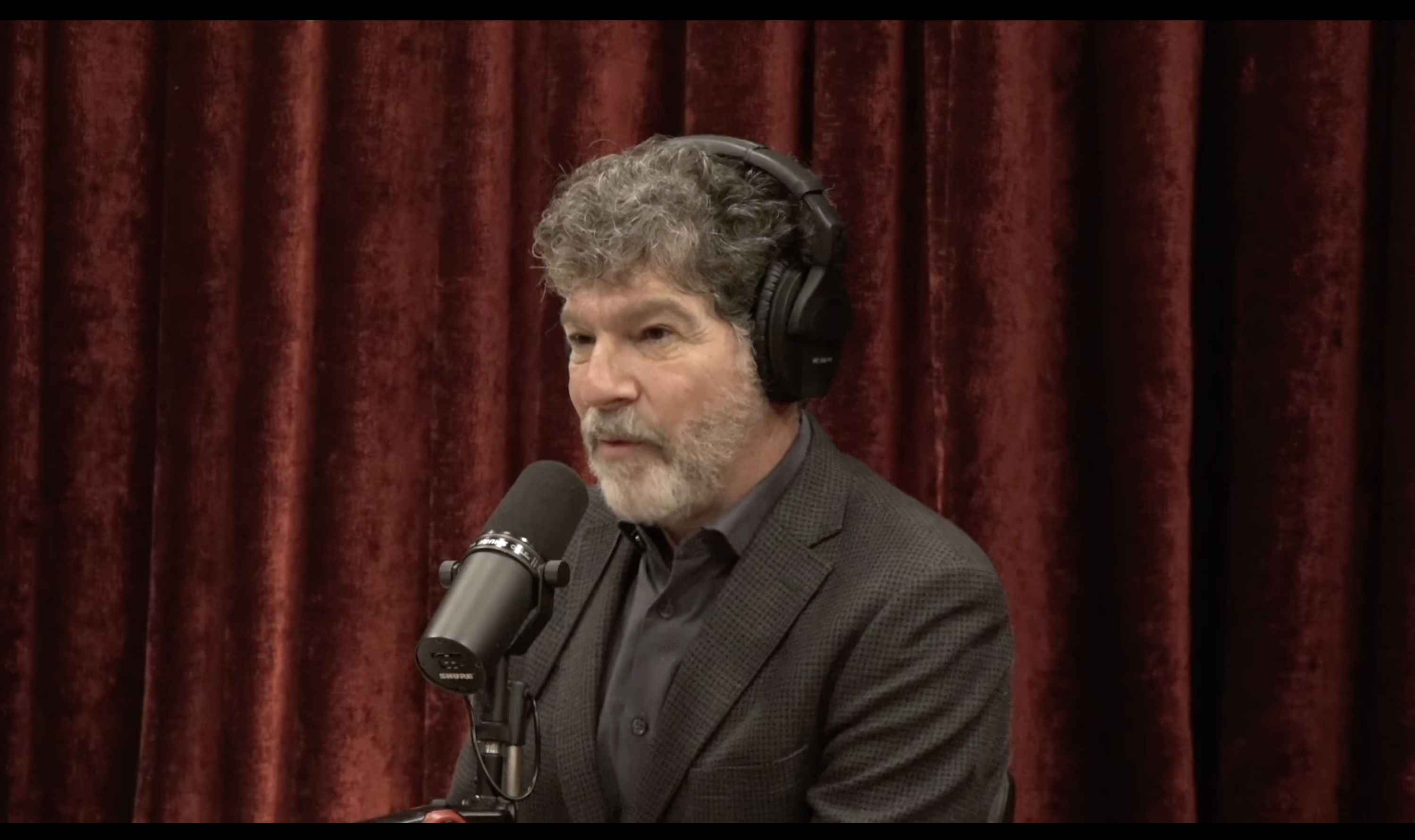Bret Weinstein, a former evolutionary biology professor turned podcaster, recently reiterated a series of debunked theories about AIDS during a recent appearance on Joe Rogan’s podcast. Weinstein, a frequent guest on the show, expressed his belief in the unfounded theory that party drugs like poppers could cause AIDS, a claim that lacks scientific validity.
During the conversation, Weinstein attributed his acceptance of these ideas to his reading of a book by anti-vaccine activist and presidential candidate Robert F. Kennedy. This dissemination of misinformation to a wide audience raises concerns about the spread of inaccurate information.
It’s crucial to clarify that there is no scientific debate about the cause of AIDS, which is known to be the human immunodeficiency virus (HIV). HIV can be transmitted through various means, including unprotected sex, sharing needles, or from mother to child during childbirth. AIDS denialism, despite being thoroughly discredited, continues to persist in various forms.

Joe Rogan and Bret Weinstein Spread AIDS Denialism to a Massive Audience (Credits: VICE)
The notion that poppers could spread AIDS, often associated with the Duesberg hypothesis named after a biologist who popularized it, has been debunked for decades. Despite lacking credible evidence, proponents of this idea have persisted, perpetuating misinformation.
Weinstein’s claims, which he based partly on Kennedy’s book, overlook the overwhelming scientific consensus on the matter. Luc Montagnier, a Nobel Prize-winning virologist, is also mentioned in the conversation, despite promoting unproven theories during the early stages of the COVID-19 pandemic.
Weinstein cited Kary Mullis, the inventor of PCR technology, who espoused alternative and false theories about AIDS causes. Mullis’ statements, which seemed to blame the lifestyles of gay men, have been widely criticized and discredited by the scientific community.
The conversation on Rogan’s podcast also touched on the use of AZT, an early AIDS drug. Misinformation surrounding AZT’s efficacy and safety circulated early in the pandemic, contributing to misunderstandings about its role in treatment.
The conversation prompted an outcry from scientists and public health experts on social media, who identified it as an example of “crank magnetism” – the tendency for individuals to embrace various pseudoscientific beliefs once they delve into one area of misinformation.
Furthermore, Rogan and Weinstein’s promotion of discredited ideas extends beyond AIDS to include their advocacy for ivermectin as a COVID-19 treatment and anti-vaccine sentiments. This underscores the broader issue of misinformation spreading through influential platforms like podcasts.
The conversation also veered into conspiracy theories unrelated to science, demonstrating a pattern of misinformation dissemination beyond public health topics.
Weinstein’s endorsement of Kennedy’s presidential candidacy and his mention of a shadowy secret group controlling the United States further highlight the propagation of unsubstantiated claims.
Overall, the conversation underscores the importance of accurate information dissemination, particularly on influential platforms like Joe Rogan’s podcast. The spread of misinformation regarding AIDS and other topics can have detrimental effects on public health and societal understanding.
The subsequent response from organizations like amfAR, condemning the dissemination of baseless theories about HIV/AIDS, emphasizes the need for responsible discourse and fact-based dialogue on critical issues.























